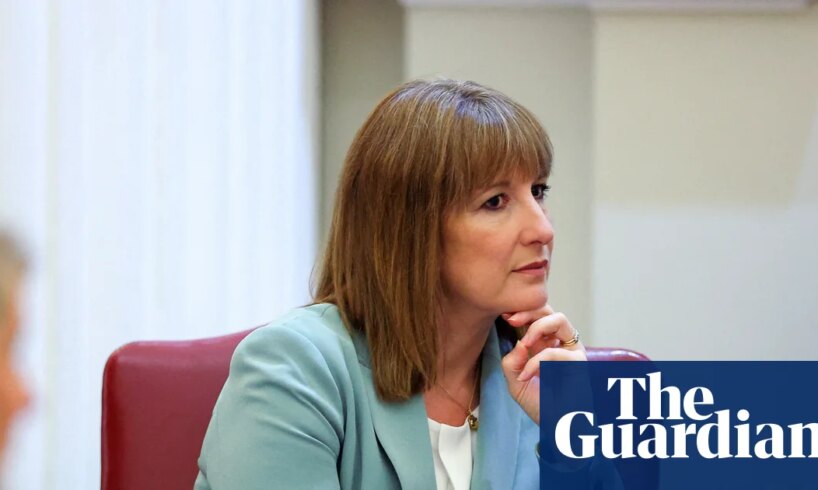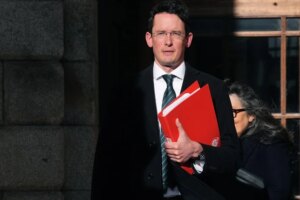
More than a dozen Labour MPs have written to Rachel Reeves calling on her to scrap council tax, as the chancellor faces mounting pressure to overhaul Great Britain’s property taxes in next month’s budget.
Thirteen MPs, mainly from seats in northern England, wrote to Reeves last month asking her to abolish the tax and replace it with another system that better accounts for the steep rise in house prices in London and the south-east over the last 35 years.
The chancellor is looking for ways to close what could be a £30bn shortfall in the public finances, with experts warning that doing so could require a shake-up of the entire tax system.
The Labour MPs wrote: “If we are to succeed in our mission to transform Britain and fight back against Reform, we must be bold and embrace new ideas that put more money back into the pockets of working people.
“One place we can start is by looking at ways we can abolish the outdated, deeply regressive, and increasingly indefensible council tax system.
“Created in the early 1990s and still based on property valuations from 1991, it bears little resemblance to the realities of today’s housing market. The result is a system that punishes communities like ours in the nations and regions outside London and the south-east.”
Reeves is facing a painful second budget as chancellor partly as a result of an expected decision by the Office for Budget Responsibility to downgrade its expectations of UK productivity.
Reeves needs to find between £20bn and £30bn as a result of the OBR changes, but is also under pressure to increase the amount of headroom she has against her fiscal rules to give the markets more certainty about future borrowing.
Labour ruled out raising income tax, VAT or national insurance in its 2024 manifesto – commitments that ministers say Reeves intends to keep at this budget, despite her decision to raise national insurance last year.
As a result, some experts are urging the chancellor to make bold tax reforms rather than tinkering with multiple different revenue streams in an attempt to mitigate the political fallout.
Researchers at the Institute for Fiscal Studies on Monday urged Reeves to put property tax changes at the top of her list of priorities, including scrapping stamp duty and overhauling council tax.
The Guardian revealed earlier this year that the chancellor was considering introducing a new annual property tax based on the value of residents’ houses at the time of purchase as a step towards overhauling stamp duty and council tax.
The Labour MPs calling for the abolition of council tax do not say how it should be replaced, but are clear that any new system should better take account of property valuations in London and the south-east.
They include members from the left and right of the party. Jonathan Brash, Jonathan Hinder and Dan Carden from the socially conservative Blue Labour group all signed the letter, as did Andy McDonald and Jon Trickett from the socialist left of the party.
England and Scotland have not revalued their properties for tax purposes since 1991, while Wales last did so in 2003. Since then, property prices in south-east England have gone up by at least six times, while those in the north-east have only risen by about three times.
The MPs wrote: “Families in modest homes in our constituencies pay far more, relative to the value of their property, than those in multimillion-pound houses in London and the south-east.
“Council tax and stamp duty land tax were designed decades ago and have long since ceased to reflect economic reality. The result is a deeply unfair, inefficient, and outdated system that widens inequality and holds Britain back.”
They added: “Only by confronting [the council tax’s] outdated design head-on can we begin the process of delivering a fairer, more sustainable system that works for every part of the country.”
A Treasury spokesperson said: “The chancellor has been clear that at the budget she will strike the right balance between making sure that we have enough money to fund our public services, whilst also ensuring that we can bring growth and investment to boost living standards.”





